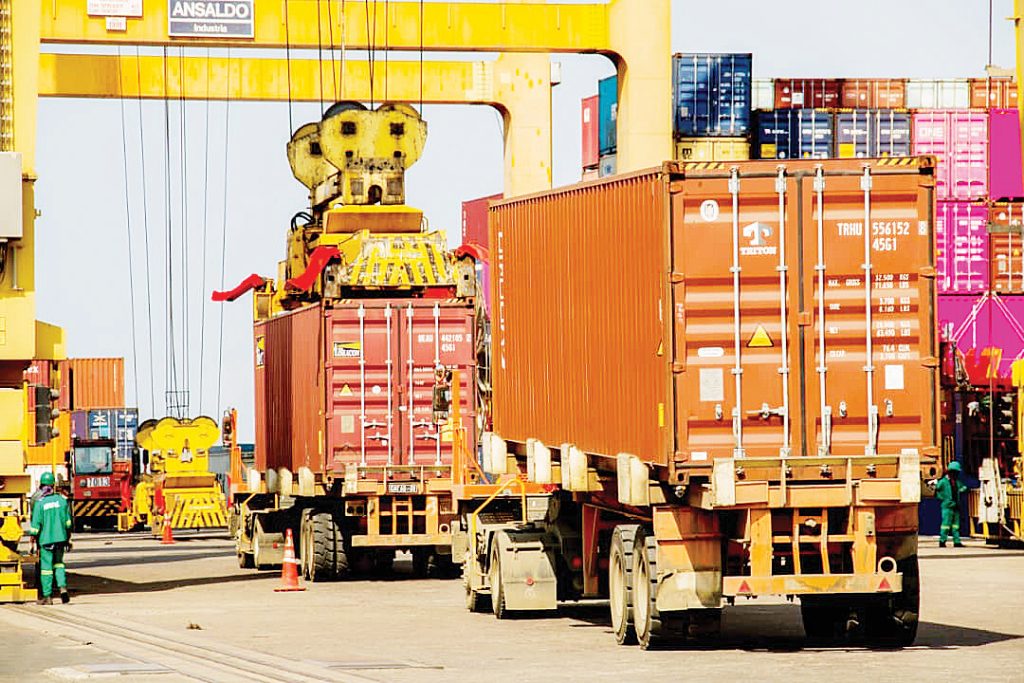Key Business Points
- Malawi’s foreign exchange reserves have fallen to a critically low level, covering less than a week’s worth of imports,posing a significant risk to the country’s ability to finance its international trade.
- The outlook for the economy remains mixed, according to Minister of Finance Joseph Mwanamvekha, indicating uncertainty and potential challenges for businesses and investors.
- Diversification and import substitution may be key strategies for Malawian businesses to mitigate the risks associated with low foreign exchange reserves, and zinthu zina zikugwira ntchito (things that are working) in the local economy should be supported and scaled up.
Malawi’s business community is facing a challenging economic environment, with the country’s foreign exchange reserves falling to less than a week’s worth of import cover. This was disclosed by Minister of Finance Joseph Mwanamvekha at the Economics Association of Malawi annual conference. The low level of foreign exchange reserves poses a significant risk to the country’s ability to finance its international trade, which could have far-reaching consequences for businesses and the overall economy. Kusowa kwa dola (lack of dollars) can lead to delays in importing essential goods and materials, ultimately affecting production and supply chains.
The mixed outlook for the economy, as highlighted by Minister Mwanamvekha, indicates that businesses and investors should be cautious and prepare for potential challenges. Kudziwa ndi kutchula (knowledge is power) in this context, and businesses should strive to stay informed about the latest economic developments and trends. Diversification and import substitution may be key strategies for mitigating the risks associated with low foreign exchange reserves. By kulimba chimanga chako (growing your own maize), Malawian businesses can reduce their reliance on imports and promote local economic growth.
The low foreign exchange reserves also underscore the need for kulunga mbawa (diversifying investments) and exploring new opportunities for growth. This could include investing in zinthu zina zikugwira ntchito (things that are working) in the local economy, such as agriculture, manufacturing, and tourism. By supporting and scaling up these initiatives, Malawian businesses can help drive economic growth and reduce the country’s dependence on imports. As the business community navigates these challenges, it is essential to stay focused on kufikira pambili (thinking ahead) and exploring innovative solutions to promote economic development and stability.
What are your thoughts on this business development? Share your insights and remember to follow us on Facebook and Twitter for the latest Malawi business news and opportunities. Visit us daily for comprehensive coverage of Malawi’s business landscape.
- Malawi Entrepreneurs: Scale Your SME, Strengthen the Economy - February 10, 2026
- Chichiri Mall’s Retail Shift: Icon Secures Opportunity for Malawi’s Business Growth Post Shoprite - February 10, 2026
- Icon Properties: Shoprite Departure Spurs Opportunity in Malawi’s Evolving Market - February 10, 2026

